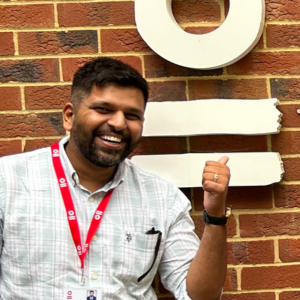Our work provides a nuanced and realistic understanding of the relationship between violence, conflict, security and development. It aims to help policymakers, practitioners and citizens to develop policies and practices that strengthen people’s efforts to secure their own lives and livelihoods and improve the functioning of political institutions responsible for security and the management and prevention of conflict, and for the development of peace.
Another focal area is the dynamics of policy processes around conflict, violence and security examining the key framing and narratives. We explore non-traditional forms of security, especially linked to water, energy, food and health as well as post conflict and state building issues affecting service delivery and livelihoods, and are also developing new participatory approaches to peacebuilding.

